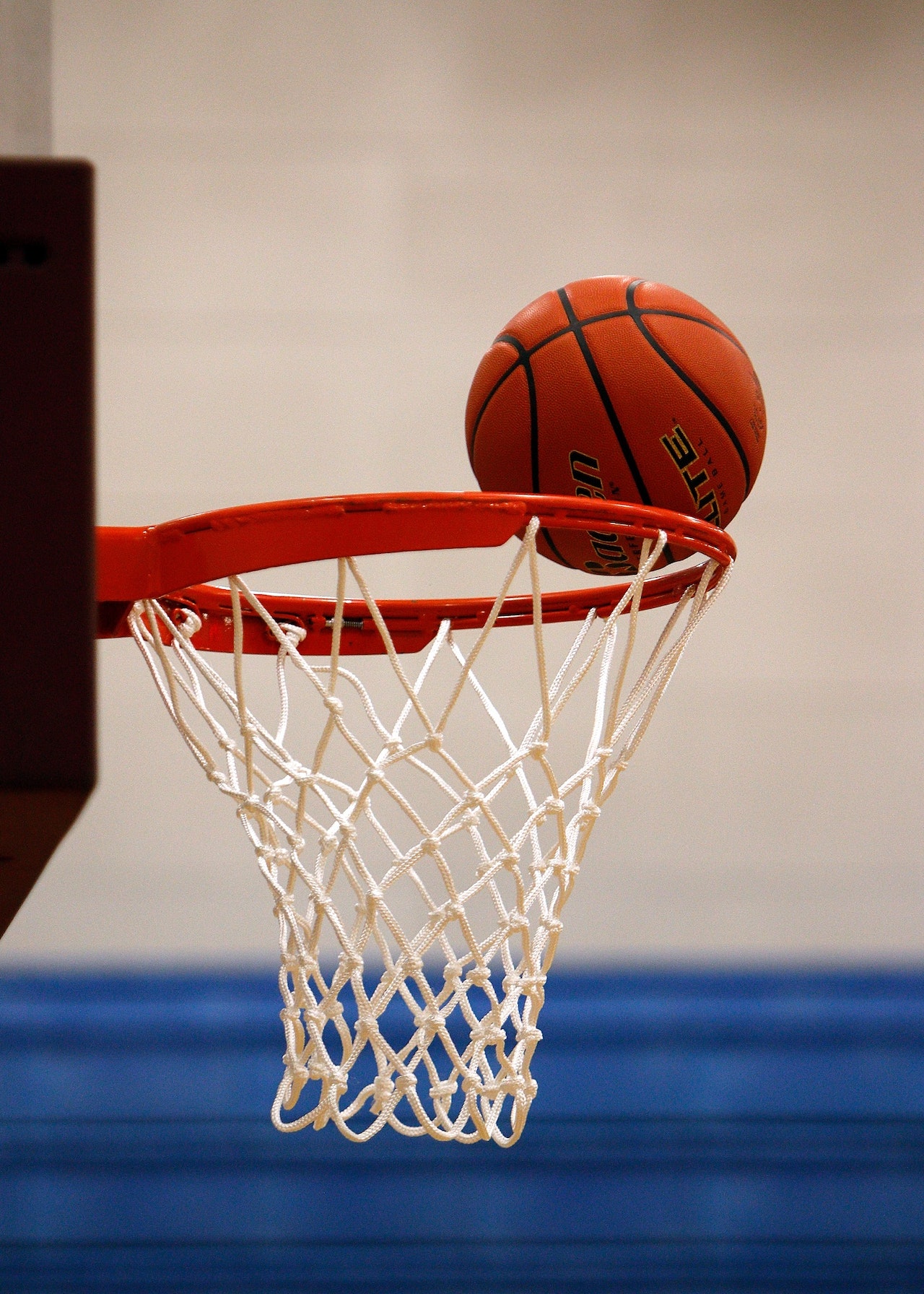Since 1950, the top national basketball teams have competed every four years (with some exceptions) for the distinction of being the best in the world. Argentina hosted and won the first-ever International Basketball Federation (FIBA) World Cup in 1950 after defeating the United States in the gold medal game. The Soviet Union/Yugoslavia and the US have been the most successful nations since, with eight and five gold medals, respectively. Spain and Brazil are the only other countries to win the FIBA World Cup.
The following is a closer look at each of the last five FIBA World Cup tournaments and winners.
1. 2019 (Spain)
Spain was a somewhat unlikely gold medal winner in the 2019 FIBA World Cup. The European nation entered the tournament with an aging roster that had performed below expectation in recent international tournaments (bronze medal in the 2016 Olympics and fifth place as hosts in the 2014 FIBA World Cup) but was dominant in 2019. Spain went 3-0 in the Group Stage to finish first in Group C in first-round play. It then won each of its five second-round games to advance to the quarterfinals.
Spain defeated Poland in the quarterfinals and survived a double overtime scare against Australia in the semifinals before beating Argentina 95-75 in the gold medal game. France beat Australia 67-59 in the bronze medal game.
Defense was key for Spain in its gold medal victory. The team limited Argentina’s leading scorer Luis Scola to just eight points on 1-of-10 shooting. Veteran Marc Gasol struggled on offense but was a big part of Spain’s game plan on defense. Ricky Rubio, who had 20 points in the gold medal game, was named MVP of the tournament.
China hosted the 2019 FIBA World Cup. The US, which finished in seventh place, failed to medal for the second time since 1978.
2. 2014 (United States)
The US defended its FIBA World Cup title in 2014 with a dominant 9-0 performance through two qualification rounds and the knockout stage. Led by tournament MVP Kyrie Irving, the Americans outscored their opposition by 297 points. Irving had 26 points in the team’s 129-92 victory over Serbia in the gold medal game. The US defeated Lithuania 96-68 in the semifinals, where Irving again led all American players in scoring with 18 points.
France won a competitive third-place game 95-93 over Lithuania and, in doing so, won its first-ever medal at the FIBA World Cup.
3. 2010 (United States)
Tournament MVP Kevin Durant helped the US win its first FIBA World Cup in 16 years as the team defeated host Turkey in the gold medal game. Like in 2014, the US went undefeated through both group stages and wasn’t challenged much in the final round, where it beat each of its four opponents (Angola, Russia, Lithuania, and Turkey) by at least 10 points. Durant, who averaged 22.8 points per game in the tournament, had a team-high 28 points for the Americans in the gold medal game. Lamar Odom (11) and Derrick Rose (6) led the team in rebounds and assists, respectively.
Lithuania won the bronze medal with a 99-88 victory over Serbia. The All-Tournament Team featured Durant, Scola (Argentina), Hedo Türkoğlu (Turkey), Miloš Teodosić (Serbia), and Linas Kleiza (Lithuania).
4. 2006 (Spain)
Spain won its first FIBA World Cup—and its first FIBA medal—in 2006 in Japan. Spain went a perfect 5-0 in the first round with victories over Germany, Angola, New Zealand, Japan, and Panama, following which it won four consecutive knockout stage games against Serbia and Montenegro, Lithuania, Argentina, and Greece. Spain beat Greece 70-47 in a dominant finals victory but narrowly edged Argentina 75-74 in the semifinals. Jorge Garbajosa and Juan Carlos Navarro led the way offensively for Spain with 20 points each. Pau Gasol, meanwhile, was named tournament MVP.
After a surprising semifinal loss to Greece, the US defeated Argentina 96-81 in the third-place game to win the bronze medal. Yao Ming (China) led all players in scoring. The All-Tournament Team included both Gasol and Garbajosa as well as Carmelo Anthony (US), Manu Ginóbili (Argentina), and Theodoros Papaloukas (Greece).
5. 2002 (FR Yugoslavia)
The US hosted the FIBA World Cup for the first and only time in 2002 but failed to medal for the first time since 1978. Serbia and Montenegro, competing under the FR Yugoslavia banner, won its second consecutive gold medal with an 84-77 overtime victory over Argentina in the final. Germany defeated New Zealand 117-94 in the third-place game to win its first-ever FIBA World Cup medal. The US lost to FR Yugoslavia 81-78 in the quarterfinals.
German star Dirk Nowitzki, who led all players with 24 points per game, was named tournament MVP. He was joined on the All-Tournament Team by Ming (China), Ginóbili (Argentina), Peja Stojaković (FR Yugoslavia), and Pero Cameron (New Zealand).

